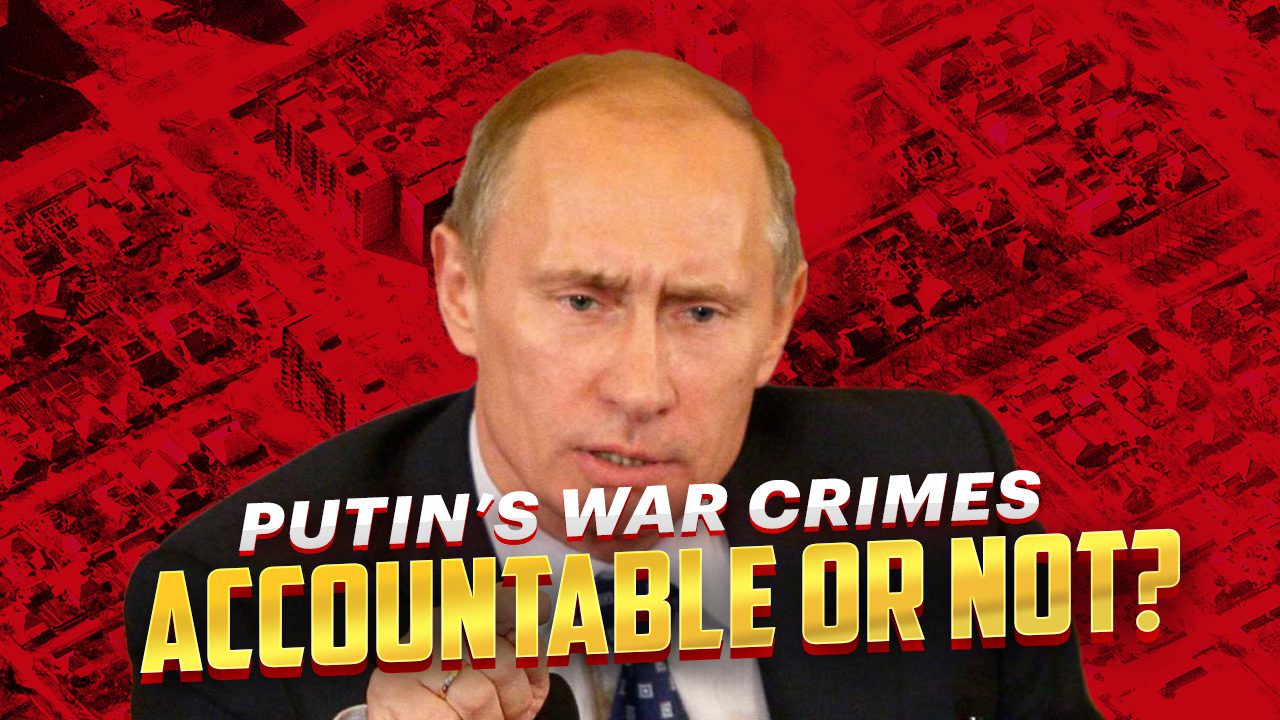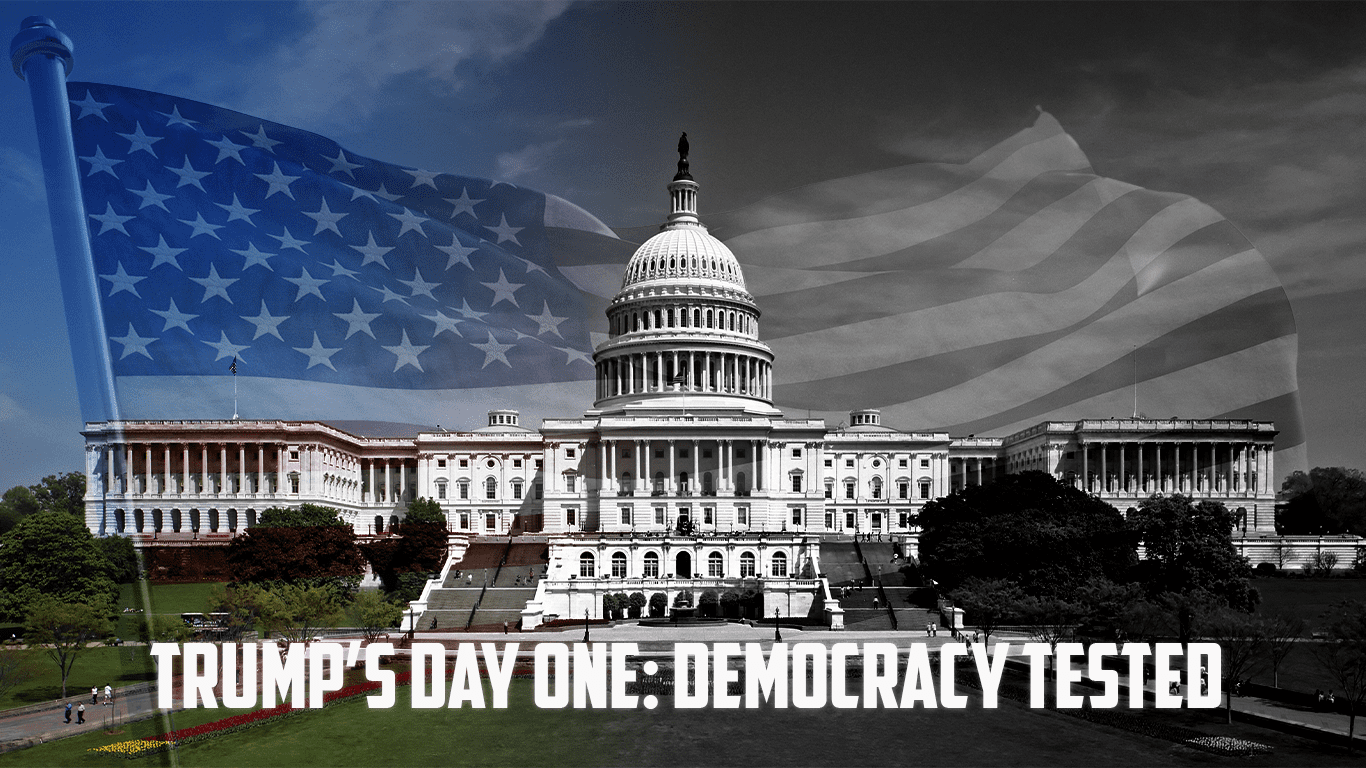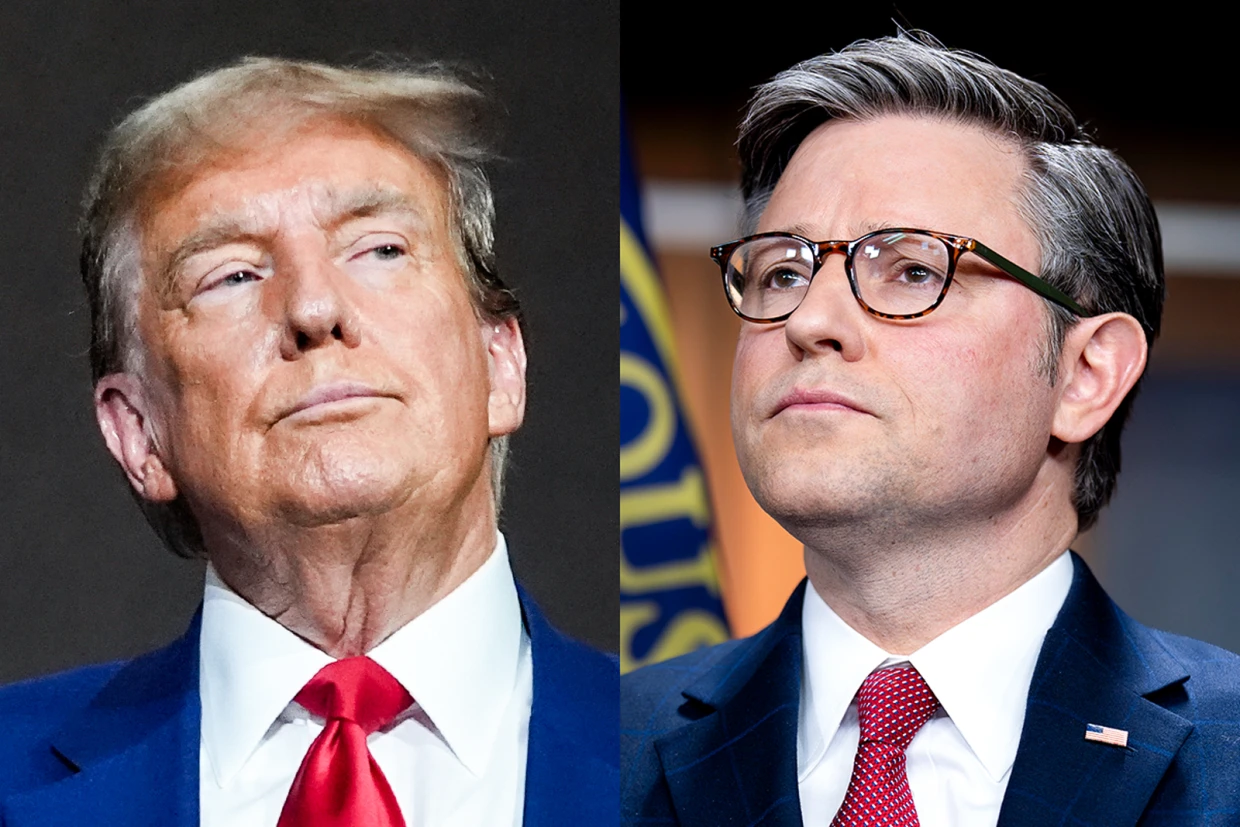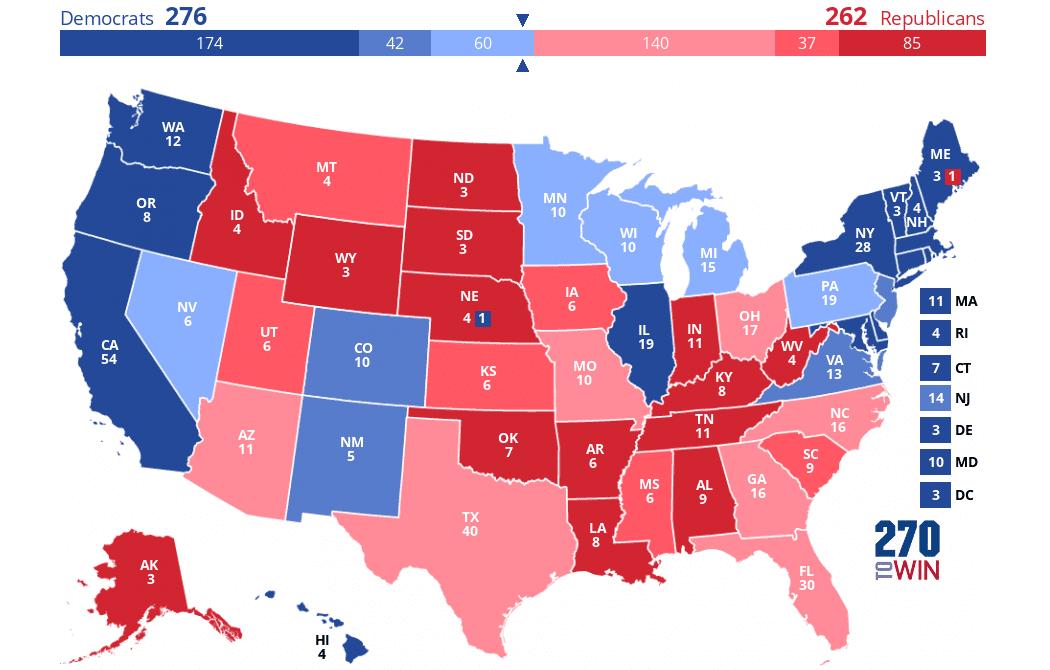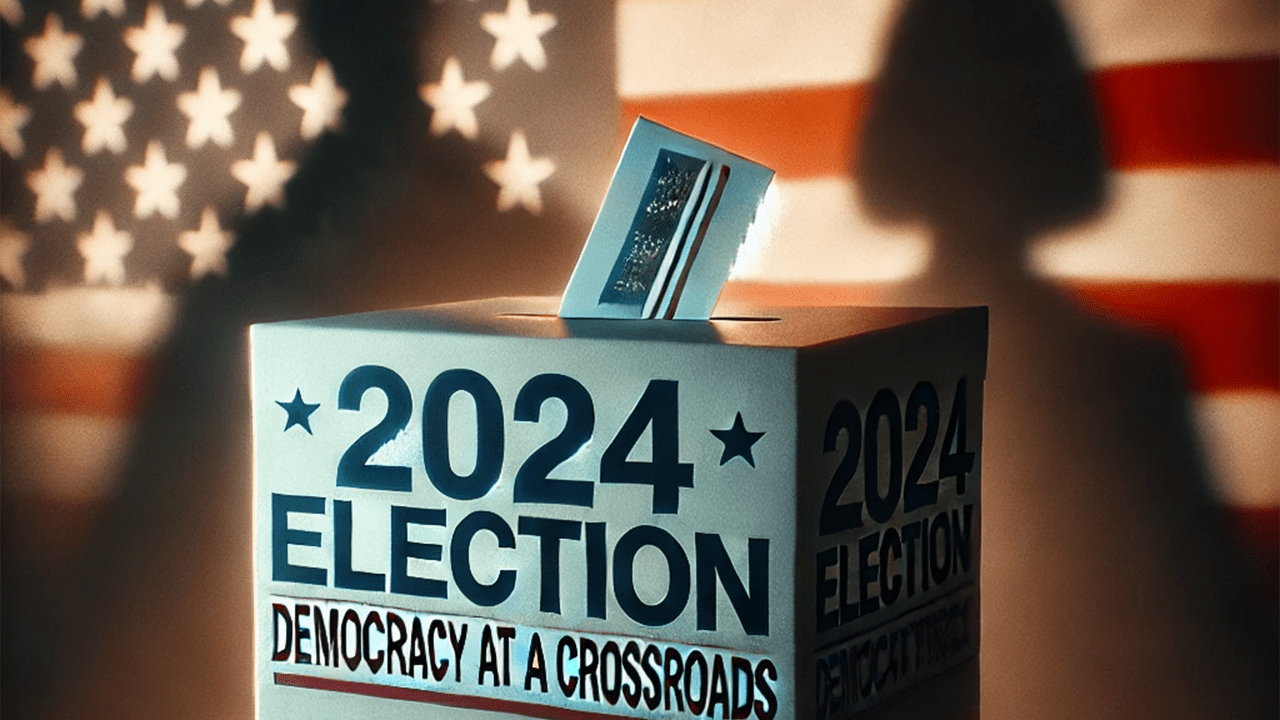Since the beginning of Putin’s military invasion of Ukraine, there has been much discussion about potential war crimes that he and his government may have committed. Ukrainian officials have condemned the horrible and deadly air and missile assaults on civilian targets as war crimes. Some Ukrainians are calling that war crimes against humanity are being committed during the ongoing Russian strikes on Ukrainian cities, including hospitals and fleeing people. The port city of Mariupol is the site of a tragic mistake that will go down in history as an example of irresponsible conduct during war. President Joe Biden and Ukrainian President Volodymyr Zelensky both called Russian President Vladimir Putin a war criminal, alleging that Russia’s actions in Ukraine are war crimes. Over four million civilians fleeing Ukraine, hospitals are being bombed, civilian bodies are littering the landscape of Ukraine.
What are war crimes? Is there a political definition that is different from the legal definition? What about an emotional definition? Are the actions of President Putin considered war crimes in an international court? Let’s take a closer look at this issue and try to answer these questions.
What are war crimes, according to international law?
The term “war crime” has been tough to define with accuracy, and its usage has evolved over time, especially after World War I. During the Civil War, the “instructions for the government of armies of the United States in the field”, called the Lieber Code, was the first substantial effort to categorize a wide range of war crimes. The Lieber Code, which was issued by President Lincoln, stated that it was a war crime to force the subjects of an opposing power into service for the victorious government, and it prohibited wanton violence committed against people in occupied territories, including rape, maiming, and murder. More recently, international laws have been formed to define war crimes, such as the International Criminal Court (ICC) and the war crimes tribunals for atrocities committed in Yugoslavia and Rwanda. Modern definitions, unlike previous ones, are more inclusive and include actions committed by both military personnel and civilians.
But I see dead people
The most common misconception is that dead persons indicate that a war crime has been committed. However, it may not always be a war crime. They might be the result of legitimate collateral damage. The ICC has opened a war crimes investigation into the Ukraine conflict, according to the organization at the end of February. There are various sorts of war crimes, each requiring a thorough investigation and proof beyond a reasonable doubt.
For instance, intentionally targeting civilians is a crime during an armed conflict. Captives who are taken during an armed conflict must not be maltreated. It is a crime to target non-military objects. Civilians’ houses, hospitals, and museums buildings that they frequently utilize are not supposed to be harmed by war. During a conflict, certain rules are observed and intentional violations of those rules can be prosecuted as war crimes. What investigators will be searching for is evidence left by the attacking force. In the end, the ICC must figure out what was the objective of the attacking force on the target.
The Russian forces have returned to the usage of support fire support rockets and artillery against areas filled with civilians and civilian structures. Using that weapon in and of itself is not a crime. While this may not seem like a difficult distinction, it is crucial. While being able to identify the differences between these types of armed conflict is important, it often requires a thorough grasp of what sort of force may lawfully and ethically be brought to bear against them. This is the technical legal jargon for the distinction between legitimate military objectives and those who live in close proximity to defending soldiers, or individuals who are not anywhere.
State announcements
On March 23rd, the US Secretary of State announced Russia had committed war crimes in Ukraine. Nobody will be convicted or punished as a war criminal until evidence has been gathered, and the ICC is conducting the investigations. There will be a trial but the US is not an ICC member state and it does not recognize its authority. The organization, which is charged with trying individuals accused of committing genocide, war crimes, and other violations of international law, was also sanctioned by former President Trump. However, the United States may assist in the courtroom prosecution.
What is the political definition of war crimes, and how does it differ from the legal definition?
“Crimes against humanity” are prosecuted against individuals, therefore, cannot be applied to a state, organization, army, or other entity. President Zalenskyy and Biden, have stated that Russia has committed war crimes and Putin has committed war crimes, these are just political labels. Based on the video evidence, it seems completely logical. However, this is not a judgment that has been made in a court of international law.
Politicians and media personalities throw the term war criminal around. Krystal Ball of Breaking Points weekly states that President George W Bush is guilty of war crimes for the US military action in Iraq. President Biden has stated that President Putin is a war criminal. These are emotional definitions of war crimes not legal.
Context Matters
You must consider the context of the situation. For example, were there members of the Ukrainian military or of Ukrainian paramilitary forces in those hospitals or in the schools? If there were, then the civilian occupants would be considered collateral damage to a viable military target. The videos don’t show the complete story and the ICC attempt not to be one-sided. The ICC opens investigations in order to look into any allegations of war crimes or crimes against humanity committed by one side or the other.
An argument can be made that when Ukrainian officials began passing out weapons to ordinary citizens, the line between combatants and non-combatants became blurred. The Geneva Convention specifically forbids non-uniformed civilians from being used in the conduct of war. However, under Article 4 of GCIII, if there is a Levée en Masse, “[i]nhabitants of a non-occupied territory who, on the approach of the enemy, spontaneously take up arms to resist the invading force” are provided the protections of the Convention but can also be targetted by the invading force.
If Ukrainian forces commit crimes, they will be investigated as well. However, the study of war crimes might take years, if not decades, and given that the ICC does not have authority in Russia, it may be especially difficult for the prosecution.
How might Putin be held accountable for his alleged war crimes?
Ukraine has handed over jurisdiction to the ICC and the alleged offenses are being committed on Ukrainian soil. However, if the court were to obtain enough evidence to charge any Russian forces combatant troops, political figures, or Putin himself, how would one apprehend them? An arrest might only occur if an individual who was charged traveled outside of Russia to a member state that would arrest him. Another option would be if the Russian government changed and the new administration handed them over to the ICC.
One of the most pressing concerns is Putin’s recent actions, which echo previous military operations. What we’ve seen in Ukraine is consistent with what we observed in Syria and even Chechnya previously. It’s a practice of indiscriminate assaults, the targeting of civilian structures, and the killing of civilians. The lack of punishment for crimes in Syria, Georgia, Crimea, and Chechnya is a significant cause of the Ukraine conflict’s ongoing atrocities. This has emboldened Putin and his troops to utilize the same tactics, launch the same method of attacks, as in Ukraine. It is imperative that the west does not allow Putin to go without punishment for his actions in Ukraine. The cost of not holding them accountable is that future offenses will be more likely.
Time will tell what the outcome of Ukraine will bring. Will the US and Ukraine’s labeling of Putin and his forces hold water? Will Ukrainian civilians taking up arms as a resistance be overlooked because of an unjust war? If Putin is convicted of a war crime will his fate the similar to Germany’s Emperor Kaiser Wilhelm’s?

